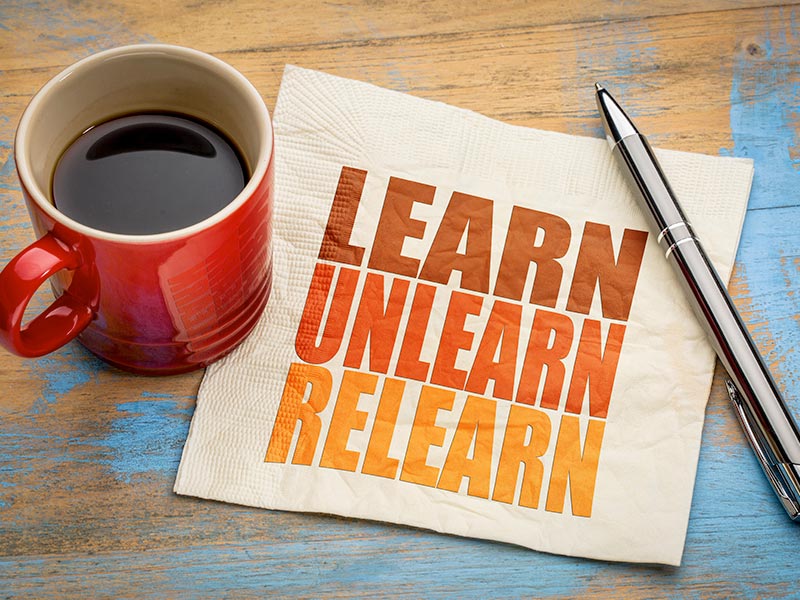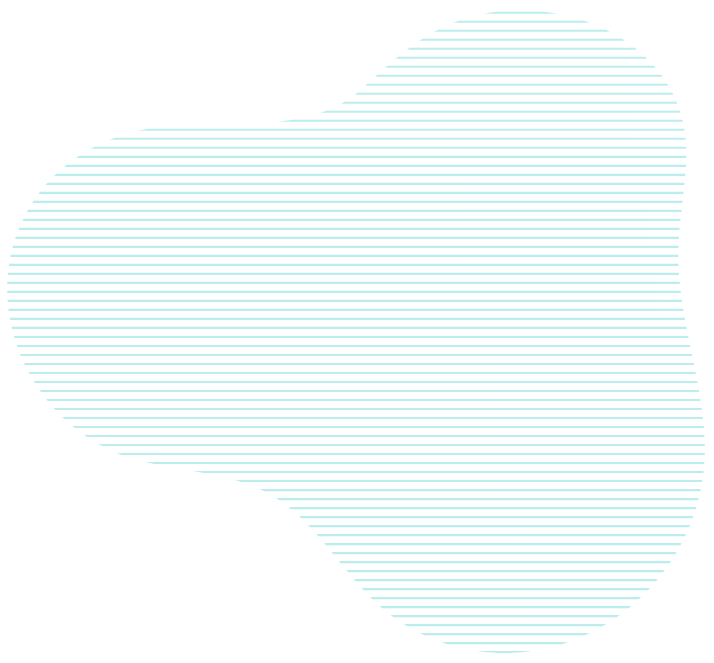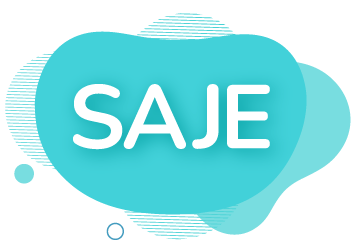SAJE Series for Adults with Cognitive Changes
Concussion • Traumatic Brain Injury • Memory Challenges
Are you or your loved one experiencing difficulty in remembering things • changes in behavior • difficulty with everyday duties • trouble learning and retaining new things • difficulty coming up with appropriate words • trouble understanding written or spoken information • being organized • rigid thinking • lack of situational and/or self-awareness when interacting with others • impulsivity
SAJE Series for adults with cognitive changes can support you in strengthening your executive functioning.
Our experiential approach throughout the 4 sessions of the series encourages engagement and curiosity between the client and the Learning Specialist.


SAJE Series for Adults with Cognitive Changes
Concussion • Traumatic Brain Injury • Memory Challenges
Are you or your loved one experiencing difficulty in remembering things • changes in behavior • difficulty with everyday duties • trouble learning and retaining new things • difficulty coming up with appropriate words • trouble understanding written or spoken information • being organized • rigid thinking • lack of situational and/or self-awareness when interacting with others • impulsivity
SAJE Series for adults with cognitive changes can support you in strengthening your executive functioning.
Our experiential approach throughout the 4 sessions of the series encourages engagement and curiosity between the client and the Learning Specialist.


















Have you or your loved one been impacted by cognitve weakness?
Cognitive weakness is a result of aging, a stroke or a traumatic brain injury.





Concussion, Traumatic Brain Injury, Early Onset Dimentia, or just getting older…can change the way the brain interprets and responds. Cognitive changes may look like:
losing your train of thought • difficulty following conversations • inability to keep track of important items such as keys, phone, glasses • difficulty remembering a multi-step process
The normal aging process brings subtle changes in cognitive abilities. Committing new information to memory and recalling names and numbers can take longer. Autobiographical memory of life events and accumulated knowledge of learned facts and information – both types of declarative memory – decline with age, whereas procedural memories like remembering how to ride a bike or tie a shoe remain largely intact.
Working memory — the ability to hold a piece of information in mind, such as a phone number, password, or the location of a parked — also declines with age. Some studies suggest a slow decline starts as early as age 30. Working memory depends on the rapid processing of new information rather than on stored knowledge. Other aspects of this kind of fluid intelligence, such as processing speed and problem-solving, also decrease with age.
Certain aspects of attention can become more difficult as our brains age. We may have a harder time focusing on what our friends are saying when we’re in a noisy restaurant. Our ability to tune out distractions and focus on a particular stimulus is called selective attention. Splitting our focus between two tasks – like holding a conversation while driving – also becomes more challenging with age. This type of attention is called divided attention.
But it’s not all downhill after age 30. In fact, certain cognitive abilities improve in middle age: the Seattle Longitudinal Study, which tracked the cognitive abilities of thousands of adults over the past 50 years, showed people actually performed better on tests of verbal abilities, spatial reasoning, math, and abstract reasoning in middle age than they did when they were young adults.
Contrary to the adage that you can’t teach an old dog new tricks, there is growing evidence that we can and do learn throughout our lives. Neuroscientists are learning our brains remain relatively “plastic” as we age, meaning they’re able to reroute neural connections to adapt to new challenges and tasks.
SAJE Can Help You
The SAJE Series for cognitive changes supports you in strengthening your executive functioning through the following process:
1
Step 1
SAJE begins with a conversation with our Director of Admissions, Lauren. Lauren will explore the impact executive function and attention may have on the individual’s social, emotional, and academic experiences. With this information, Lauren will be able to answer questions to determine which of SAJE’s offerings could meet their needs. Lauren will continue to be the point of contact throughout the enrollment process.
2
Step 2
SAJE’s enrollment process is comprehensive. The process consists of: Enrollment Application, Information Gathering and Assessments.
Enrollment Application
Information from each section provides social, emotional, medical, and academic background that is helpful in the development of the Individual Learning Roadmap (ILR)
Information Gathering
Our collaborative approach encourages a comprehensive understanding of the Scholar’s strengths, limitations, abilities, peer interactions, challenges, and responses to challenges. The initial communication between SAJE and the identified professionals will include an introductory email and short questionnaire for the professional to complete and return to SAJE.
FOCUS Assessment Tool
Measures four constructs of attention: consistency, performance, impulsivity, and distractibility. The results of the assessments are helpful in developing an individualized Learning Roadmap and Play Attention program.
3
Step 3
SAJE Leadership Team, led by Debbie Disney, creates an Individualized Learning Roadmap (ILR). The Individualized Learning Roadmap is a comprehensive curriculum designed to address the executive function deficiencies noted in the data collected during the information and evaluation process. The Roadmap is specific to each Scholar’s needs. Creative, interactive modalities form the basis of the curriculum. Our experiential approach encourages engagement and curiosity between the Scholar and the Learning Specialist.
4
Step 4
The Orientation Session is scheduled for the Scholar, Parents and Learning Specialist to meet, review, and begin their SAJE series. During this 3-hour session, the Learning Specialist explains how the information gathered was used to develop the Scholar’s Individualized Learning Roadmap. Using visual and tactile aides, the Learning Specialist will describe brain development, learning styles, the Scholar’s learning style, what executive functions are, how the lack of attention and focus impedes success, and the wonders of neuroplasticity. Scholar is given a tutorial of the PlayAttention program and offered the opportunity to try one of the PlayAttention video games. Parents, Learning Specialist and Scholar will use the Orientation Session to determine goals the Scholar will work towards.
3
Step 3
SAJE Leadership Team, led by Debbie Disney, creates an Individualized Learning Roadmap (ILR). The Individualized Learning Roadmap is a comprehensive curriculum designed to address the executive function deficiencies noted in the data collected during the information and evaluation process. The Roadmap is specific to each Scholar’s needs. Creative, interactive modalities form the basis of the curriculum. Our experiential approach encourages engagement and curiosity between the Scholar and the Learning Specialist.
4
Step 4
The Orientation Session is scheduled for the Scholar and Learning Specialist to meet, review, and begin their SAJE series. During this 3-hour session, the Learning Specialist explains how the information gathered was used to develop the Scholar’s Individualized Learning Roadmap. Using visual and tactile aides, the Learning Specialist will describe brain development, learning styles, the Scholar’s learning style, what executive functions are, how the lack of attention and focus impedes success, and the wonders of neuroplasticity. Scholar is given a tutorial of the PlayAttention program and offered the opportunity to try one of the PlayAttention video games. Parents, Learning Specialist and Scholar will use the Orientation Session to determine goals the Scholar will work towards.
5
Step 5
Each SAJE session with the Learning Specialist builds a foundation of knowledge, strategies and skills that should be incorporated into the Scholar’s daily experiences. Collaborative relationships and support systems our SAJE staff create for their Scholar is ongoing.
•Parents and academic support professionals will receive a synopsis of the Scholar’s session. The synopsis includes suggested strategies and tips to incorporate the executive function strategy at home and in school.
•Parent Education Workshops, facilitated by Debbie Disney, LCSW-C are offered once a month. Topics focus on parenting children who learn differently.
•Drop-In times for additional Play Attention programming. Increased Play Attention activity improves the ability to focus for extended periods.
6
Step 6
SAJE partners with schools, universities, and mental health organizations to provide presentations for professional staff, educators, parents, and students. Presentations are geared towards the audiences’ interests.
Executive Function and Neuroplasticity: Learn to Relearn at any age.
Understanding Executive Function; what it looks like and how to make it go away…


Ready to Begin with SAJE?
Cognitive Changes Learning Series
Series designed through the eyes of a seasoned mental health professional; recognizing the frustration that comes along with thinking/learning differently than peers, co-workers, friends, family members, etc.
The series incorporates each of these life-skills areas…





Curious to know more?
Please complete this form and we will be in touch with you within 48 hours, except on weekends and holidays.
"*" indicates required fields
